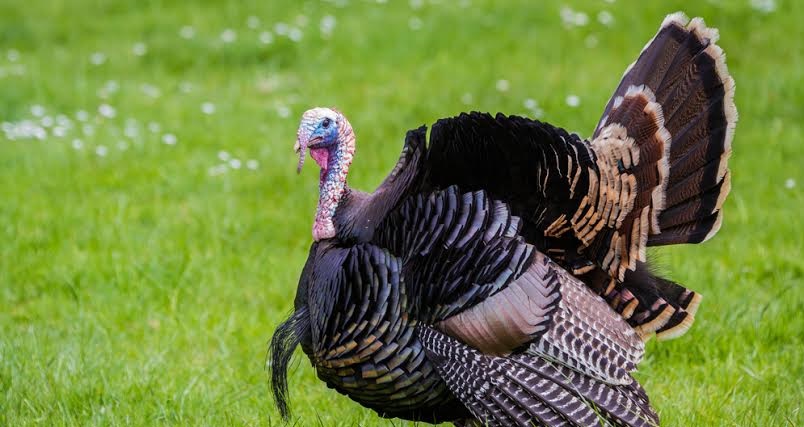
As the Christmas season approaches, turkey producers across the UK are preparing for the busy festive period so millions of Brits can tuck into traditional Christmas dinner, knowing their produce is high standard, and of course, British.
Yorkshire turkey farmer Tim Lindley has said it has been a great year for rearing turkeys. Tim, who sells directly to the public from his farm, said: “As far as the birds are concerned it’s been a very good year, an incredible year.”
He said that feed prices had increased this year, but only slightly. In consequence, the price of his birds would have to go up to account for that as well as the rising cost of labour and packaging.
There are many reasons and ways to Back British Farming this Christmas. Buying turkey directly from the farm where it has been produced ensures you're supporting British farmers’ high animal welfare standards, and choosing a bird that has been fed a natural diet, bred for its natural flavour and reared locally.
Minette Batters, National Farmers Union deputy president, explains: “When shopping in retail stores we are encouraging consumers to get behind our campaign to support British farming. One of the easiest ways this can be achieved is in buying produce displaying the Red Tractor logo, which also provides a guarantee of traceability, environmental protection, food safety and hygiene and welfare standards.
“The festive season is a time when British produce such as roast potatoes, pigs in blankets and traditional turkey are treasured. And while Christmas dinner is the cornerstone of Christmas Day, British agriculture has a far wider part to play this time of year with the provision of British trees, plants and beers, to name but a few.”
Tim spoke to FarmingUK just two days before the birds went for slaughter.
